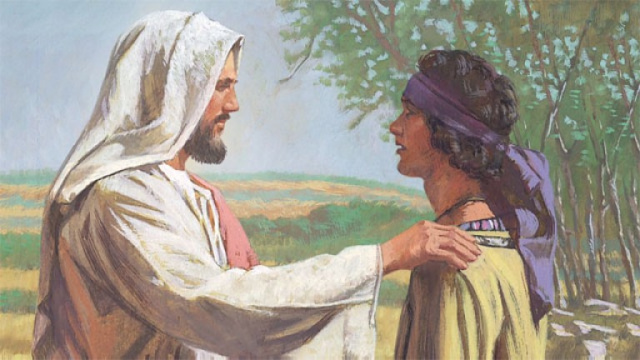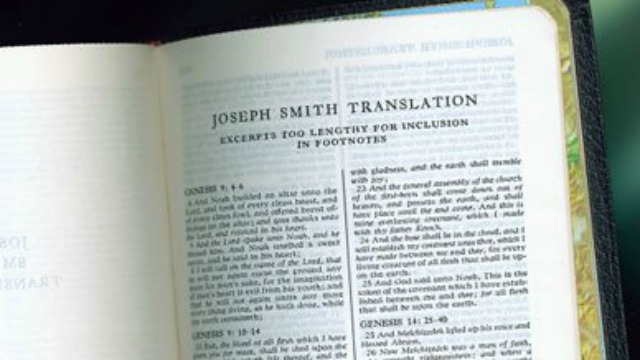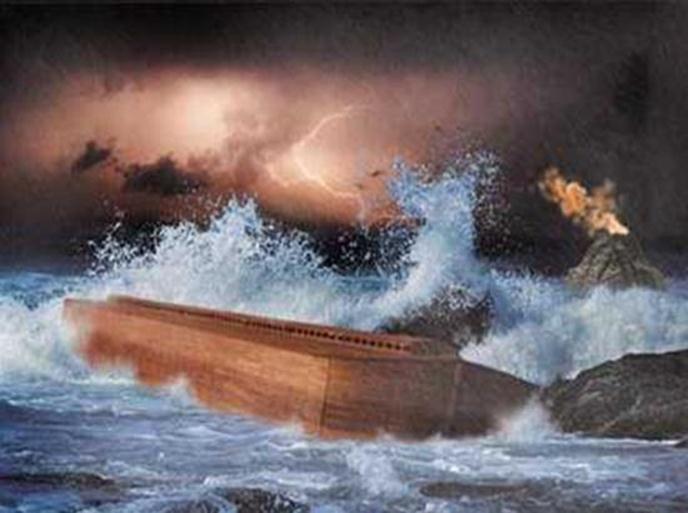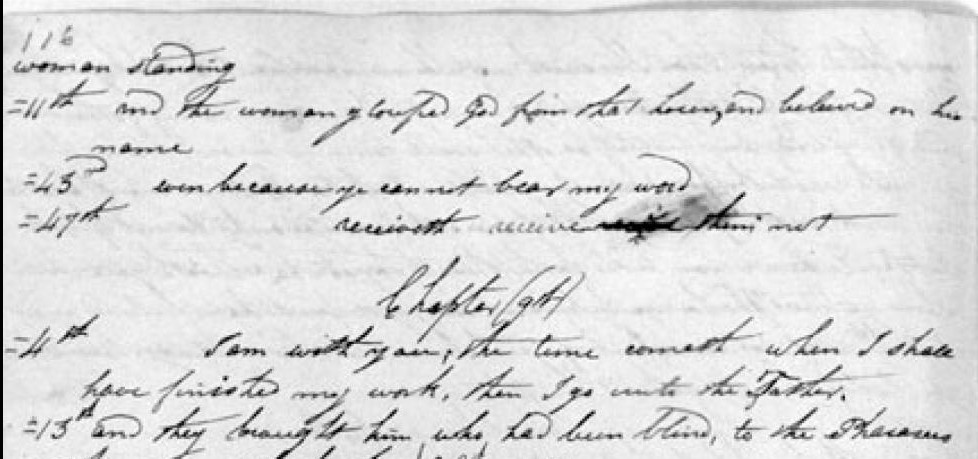Question
Gramps,
What is the churches interpretation of the meaning of Jesus’ council to the rich young man. Some take his counsel to sell all as a more literal lesson on charity. Others talk about it’s more about where our hearts are. I can’t seem to find many resources from the Church beyond pay your tithes and fast offering and help where you can. I’m struggling to find balance in keeping the commandments, being self reliant and wise and finding peace in fulfilling the commandment to help the poor.
Chris
Answer
Chris,
The answer is “yes” to all of these. There are many messages in this brief passage.
For most of us, the answer simply is that it is a question of where our hearts are. But it was also a statement of just how good a man this “rich young man” was. Remember the Lord’s words:
Then Jesus beholding him loved him, and said unto him, One thing thou lackest: go thy way, sell whatsoever thou hast, and give to the poor, and thou shalt have treasure in heaven: and come, take up the cross, and follow me. Mark 10:21
Knowing that this young man was truly a good man, Jesus was very pleased with him. Then He said something that should be a compliment to just about anyone.
“One thing thou lackest.”
Wow! To be told by the Savior, himself, that there was only one more thing he needed to do to obtain Eternal Life should have been some sort of encouragement to anyone. But this man went away sorrowful.
The hope of the story here is that this may have been his stumbling block which he recognized and worked on for many years until he finally was able to obey the Lord full-heartedly. And if we are so blessed as to obtain Eternal Life ourselves, maybe we can rejoice with him when we see him.
Currently, the Lord has commanded us to live the law of tithing as his law of finance. At some point, we are supposed to live the Law of Consecration and Stewardship. We’ve tried that in the past, but our people were apparently unprepared to live it (as this young man was). And, unfortunately, this is pretty much an all or nothing sort of thing. One cannot live the Law of Consecration by oneself for two reasons.
- Consecration is useless without Stewardship. There is no “stewardship” when it’s just you. There need to be many who are serving others, not just oneself.
- Many different trades and industries are required to keep a system afloat and maintain independence.
Without that minimum “critical mass” the early pioneers were unable to keep up the system. Too many people didn’t really live the spirit or letter of the law, and it failed. So, without that critical mass or support of the Church, such systems are destined for failure.
For now, we are to live the Law of Tithing. But we can hope for Zion where we will be a righteous enough people to live the Law of Consecration and Stewardship again.
Gramps







